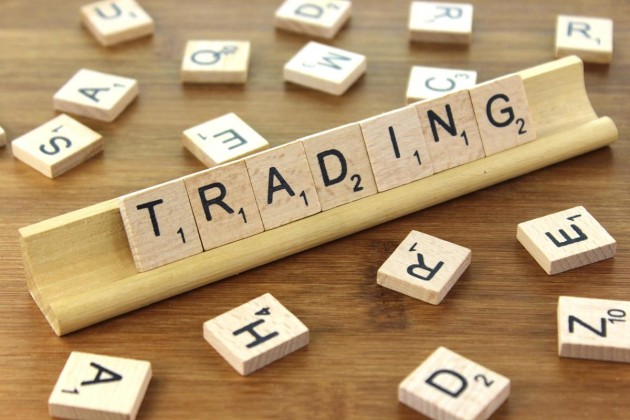When you are starting to enter into markets and start trading, whether it be with someone like CMC markets or through another stockbroker, it can be hard to decide which is the best avenue for you to go down. Understandably, many new dealers find it frustrating and confusing that the facts are so hard to find.

No Stamp Duty
When dealing shares, one is subject to stamp duty due to the fact that something that is physical is changing hands. A share, is still essentially a ‘part’ of the company, and a share in it, even through a Unit Trust or OEIC still means you own some portion of the physical asset.
With CFD’s, you do not own a physical, underlying asset. Instead, you are investing in a derivative product that lets you speculate on market movements, without owning the underlying asset, so you are not subject to stamp duty.
You can go long or short
When you buy a physical share, you buy it, and the value either goes up, as the value of the asset goes up, or down when it goes down. If your asset goes down in value with traditional shares, there is no way for you to make money.
CFD’s, however, let you either go long or short. So if you do identify a company that you feel has an inflated share price for whatever reason, you can bet on it going DOWN. You can also bet on a share going up. This means that you can make money on share prices falling, if you are able to identify when something in the market might be able to take a drop.
Again, you are not investing in a physical asset, but rather you are betting on what the markets will do.
You can take advantage of leveraged access
When you buy a share, you have to pay the full share price. So say, for example, I instruct my stockbroker to buy £10,000 worth of shares in Glaxosmithkline, that is the exact amount I’d have to pay.
Because CFD trading is essentially betting, you do not need to pay the full share price as you are not actually buying the share. Usually, a deposit of between 2% and 10% will get you the same level of exposure.
You can get access to other asset classes, and move easily between asset classes
Share dealing only gives you access to physical stocks, or potentially mutual funds. IF you want to trade in other asset classes, you need to separate this and move over to Forex or Indices.
Because CFD trading is again essentially a bet on what is going to happen, you are not as restricted when you use share dealing accounts, especially online ones. You can move more freely between the different asset classes, because you do not hold the actual asset.
It’s easier to register for CFD trading
Because you actually have ownership of an asset with share dealing, there are a lot of money laundering regulations and red tape to get around, depending on how much you want to invest.
CFD’s are able to be a bit more relaxed due to the nature of what you are actually investing in, similar to spread betting.
So are there any similarities?
Although wildly different in some respects, trading is still trading. There are a few things that are similar with CFD’s and share dealing. For a start, both are still subject to capital gains tax. This has to be paid on profits, rather than underlying assets, so even movements where the physical asset are not owned are subject.
You can also receive dividend interest adjustments with some traders on CFD’s. As well as this, another thing that they have in common, is that they are both increasingly available to trade online. Many online trading companies also now have mobile apps to make it easier for customers to track movements.
